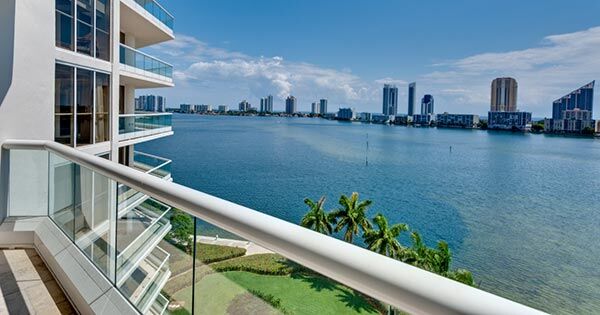A primer on Thailand Property and Real Estate
Thailand offers foreigners many benefits including beautiful beaches, tasty food, friendly people, world class health care and inexpensive property. Many foreigners come here to retire, others for vacation to enjoy what Thailand has to offer. For those to desire to stay long in Thailand, the ability to acquire property is an important issue. Listed below are the most important information you would need to know about owning property and real estate in Thailand.
Property Types in Thailand
CONDOMINIUMS
Accessible and convenient, commonly situated in core business districts and major roads.
VILLAS
Cozy, relaxed, and cost-effective compared to paying for hotel accommodations, can also be leased and generate profit.
LAND
Despite the law prohibiting foreigners from owning land in Thailand, there are other means for you to own land in Samui.
How to Own Property in Thailand
PROPERTY LEASE
Defined as the process in which the property owner (lessor) grants the tenant (lessee) rights to utilize the property for certain purposes.
USUFRUCTS
Property rights wherein the usufructuary (usufruct holder/lessee) gains authority to all the benefits and products of the property involved. It also allows for sub-leases, making it a very lucrative option for foreigners.
SUPERFICIES
Similar to leases, superficies grant beneficiaries ownership rights on structures established or attached on the land, allowing them to own houses or building erected on the property.
Other Property and Real Estate Purchase Considerations
TITLE INVESTIGATION
A comprehensive examination of title deed recorded at the Land Department should be done. You need to verify that the Seller has clear and legal title of the land before you enter into a contractual agreement.
The title search will trace the land to its first possession. This investigation will also verify the right to vehicle & utility access to your property; provide the residential zoning, environmental and planning codes in the area and show any registered mortgage or liens on the land.
It is a good idea to make sure that you can build a structure on the land. Also you need to find out if you have legal access to drive your car to it. Don’t take the word of anyone who tells you it has been checked before.
The lawyer conducting the title investigation will provide you a full report and a copy of the title deed in English language.
REVIEW OF CONTRACTS
The Seller will have the contracts prepared for you.
Since the Seller will write the contracts, it is highly recommended that you have a lawyer or solicitor review the terms and conditions.
First, you want protection for yourself should there be a delay in the property being built. A proper remedy should be stated in the contract. Second, the Seller will state a penalty if you are late with your payment.
This should be fair and reasonable to both parties. Finally, your payment schedule should be reasonable and practical. Normally, a first payment is 25 percent.
FUND TRANSFER
You will transfer funds into Thailand from overseas for the purchase.
The funds transferred will be in foreign currency and converted by the Thai Bank to Thai Baht. A British couple for example will transfer Sterling from their London bank and wire to the bank in Thailand.
The Thai bank will convert the funds into Thai baht and deposit it into local bank account. The Thai bank will issue a Foreign Exchange Form to confirm the transaction. The bank will only issue this form if the transaction is over $20,000 USD.
When you wish to repatriate the funds back to your home country, you will need to show the Foreign Exchange Form and supporting documents. Your lawyer or solicitor in Thailand can act as an escrow agent and disperse the payments to the Seller per your instructions.
More Information
DUE DILIGENCE
Every financial transaction requires some sort of due diligence on behalf of the purchaser to verify that it is a sound investment.
When you purchase shares of a company listed in stock market or a mutual fund you will generally research the profile and performance of the company or fund. The same is true when you purchase a property from a developer.
You should check with the previous buyers to see if they are satisfied with the quality and time frame of construction. If you don’t have the time to spend on checking the history of the developer, a local lawyer near the development will know or can check the project, its directors and their reputation.

For information and assistance on how to buy a property in Thailand as a foreigner, please fill out the form below and send it to us.




































